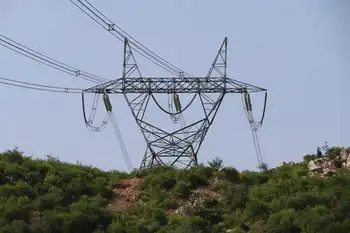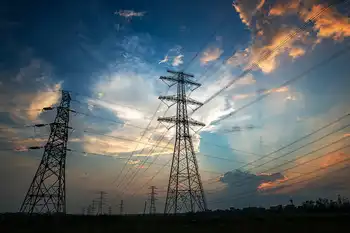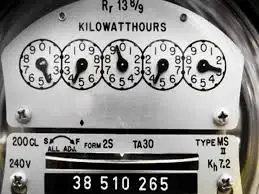Con Edison ordered to pay for poor services
By Newsday
Protective Relay Training - Basic
Our customized live online or in‑person group training can be delivered to your staff at your location.

- Live Online
- 12 hours Instructor-led
- Group Training Available
Separately, Niagara Mohawk, which is owned by National Grid, was ordered to set aside $8.8 million in shareholder money as a penalty for having too many service interruptions.
But customers shouldn't start looking for rebate checks in the mail. It's unclear how the companies will be required to distribute the funds.
Spokesman James Denn said the commission will decide how the money is distributed. He said it could be used to offset future rate increases.
Steve Brady, a spokesman for National Grid, said the company gave customers one-time rebates when faced with a similar penalty last year and could do so again.
The commission found that Con Ed failed to meet reliability targets when it came to the frequency of interruptions, which are defined as outages of five minutes or more. It had a total of 15,862 interruptions in 2006.
The company also surpassed the duration target for outages, which was an average interruption time of 3.7 hours for customers who experience a sustained interruption in a given year. On average, affected Con Ed customers were without power for 12.31 hours in 2006.
Those outages affected 733,204 Con Ed customers.
"The PSC decision to fine Con Edison $18 million fails to even scratch the surface of what is necessary to hold Con Edison accountable for its poor performance in 2006," said Assemb. Michael Gianaris (D-Queens).
"Today's fine is a pittance compared to the damage Con Ed has caused by its unreliable service," said Democratic Assemb. Richard Brodsky, of Westchester County. "At a time when the company is reporting record profits, we are not satisfied with receiving only a small fraction of the scrutiny that we have requested."
Brodsky, who chairs the Assembly Committee on Corporations, Authorities and Commissions, said the lengthy outages in 2006 in Long Island City and Westchester demonstrated how much Con Ed has deteriorated.
"We have learned many lessons from the outage in Long Island City as well as from the Westchester County storms," Con Ed spokesman Joseph Petta said in a written statement. "Those lessons already are being applied to our policies and procedures to help prevent outages and ensure more rapid restoration when they occur."
The commission also eliminated the maximum level of reimbursement that Con Ed would owe customers who lost perishable medications during extended outages.
National Grid was ordered to double how much shareholders pay because the company failed to meet the same standard three years in a row. The company failed to limit the ratio of customers who had interruptions compared to the number of customers served.











